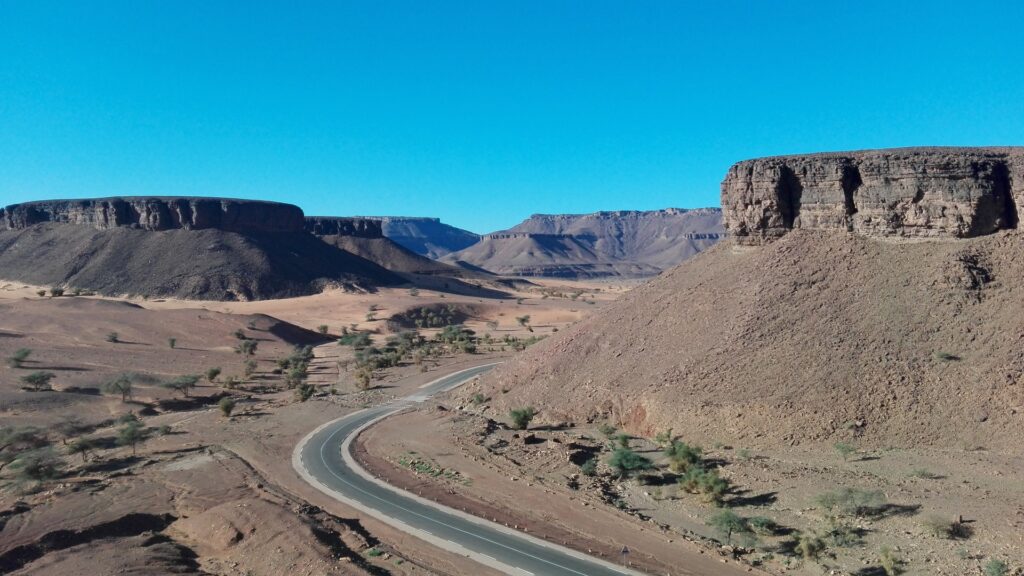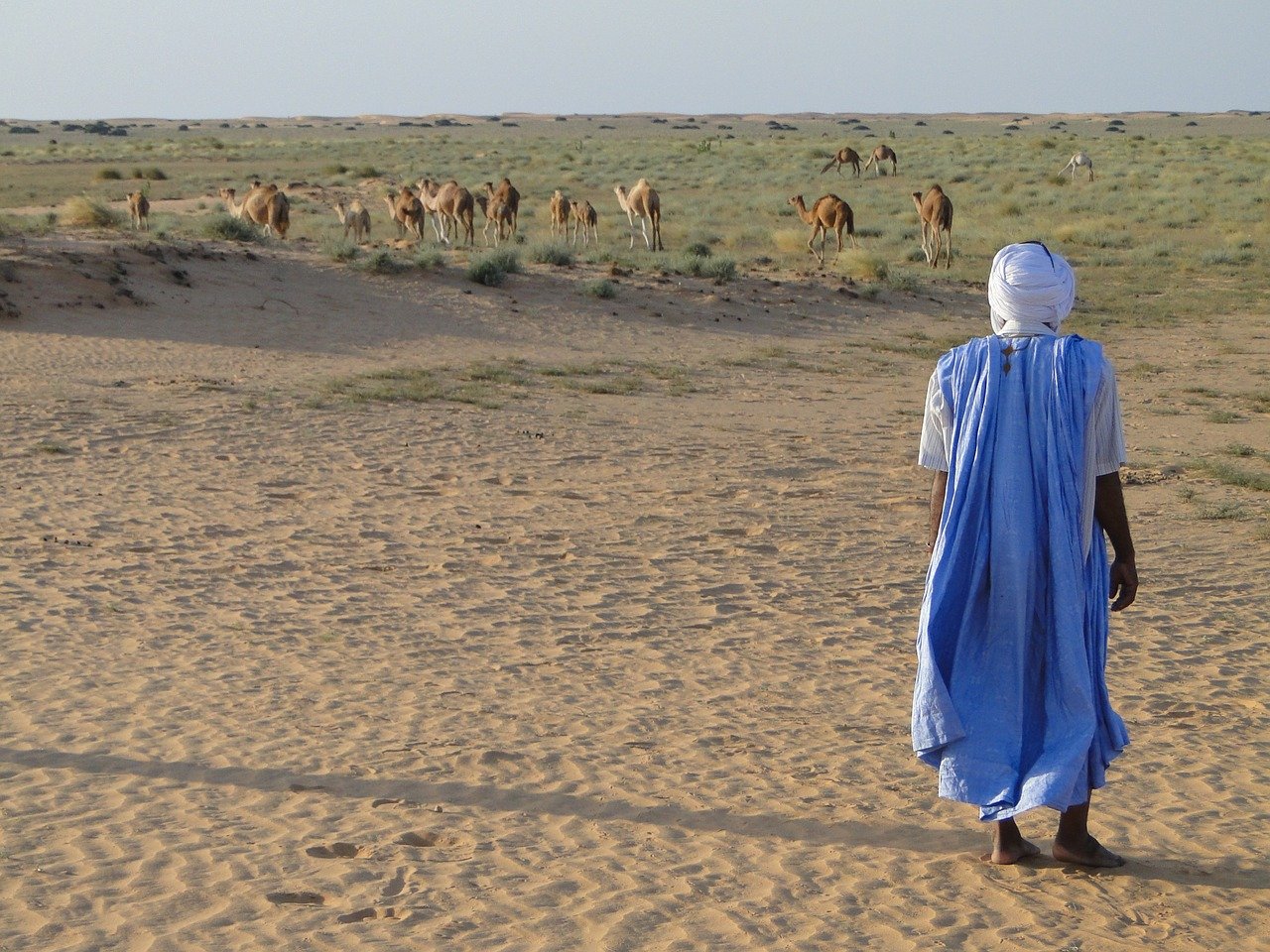If you were to do a Google search on the West African nation of Mauritania, you’ll more than likely be confronted with some depressing reports about the horrors of slavery, poverty, violence and terrorism which currently plague this otherwise enthralling country.
BACKGROUND
Geographically, Mauritania is in the significant position of being right on the Sahul. This area forms the gateway between the deserts of northern Africa and the savanna’s of the south. This also translates into a large cultural contrast between the lighter skinned Arabs from the north (sometimes called “White Moors”), and the darker skinned Haratin (The “Black Moors”), Halpulaar, Fulani, Mande and Wolof peoples from the south.
This diversity has resulted from the multitude of tribal nations and empires, that have come and gone over the last two millennia – such as the Berber tribes, the Yemeni arabs, and the Ghana empire. This was followed by the Moors, and in more recent times, the French Empire.
THE COUNTRY TODAY
In 2021, much of the population are still nomadic. Arabic is the official language, although French is still widely spoken. Mauritania achieved its independence from France in November 1960, and established itself as an Islamic Republic. Last year, the CIA world factbook reported that a massive 99.9% of the Population are Sunni Muslim. There are also national blasphemy laws, which can result in the death penalty for those found guilty.
The giant Sahara Desert takes up around 90% of Mauritania’s landmass. Hence, most of the nations 4.5 million residents live beyond the desert, on the Atlantic coast. This powerful landscape is rich in natural resources such as gold, phosphate, gypsum, iron ore and of course, Oil.
The exporting of these resources has overtaken traditional agriculture as the lifeblood of the national economy. In addition, the wide, blustery waters off the coastline contain some of the best fishing areas on the planet. The capital, Nouakchott sits on the central coast, and is home to around a quarter of the nations people.
MODERN SLAVERY
Unfortunately, according to organisations like Freedom House and Amnesty International, Mauritania is guilty of some appalling human rights abuses. Not only was it the last country to abolish slavery in 1981, it did not actually criminalise the practice until 2007.
Despite this, modern slavery is still prevalent. Estimates suggest that anywhere between 2% to 10% of the population are still enslaved. Most slavery takes place outside the big cities, out in the vast, isolated desert regions where it is difficult for authorities to track.
Not that the current crop of law enforcement personnel are particularly committed to social justice. Rumours abound that the systematic torture of prisoners is commonplace. Although, they are seen by many Western Governments as an important ally against Terrorism.
There is a chilling symmetry with the traditions of the old Atlantic slave trade of yesteryear. Most of the current slaveholders are the light skinned Arabs, and the majority of their slaves are the dark skinned Haratin.
CURRENT CONDITIONS
The widespread poverty throughout the country means that many don’t have the financial resources to escape slavery. The aforementioned boom in exports have not yet brought prosperity to Mauritania. Currently, the national economy is ranked 149th in the world, with a GDP of $5.02 Billion, and a per capita share of $1173.
In any society suffering from such extreme poverty, violent crime is inevitable. The enchanting coastline of Mauritania is awash with pirates. The kidnapping of foreigners, both at sea and on the mainland, is a very real threat. Public transport and Taxi’s are something that visiting westerners should avoid.
Driving oneself is a slightly better alternative. Although with the poor state of the countries roads, vehicles and driving standards, accidents are common.
Unexploded landmines, particularly near the border with the Western Sahara province, are an additional hazard for drivers. In addition, the region is rife with infectious diseases. These include: Malaria, Polio, Hepatitis, Typhoid, Dengue Fever, Yellow Fever, Cholera, Tuberculosis and many others. In 2021, Mauritania is still not a safe place, and many Governments advise against travelling to the country.
IN CONCLUSION
There is a light at the end of the tunnel. The World Bank recently approved $133 million in grants to assist in Mauritania’s development. This was coupled with a plan for achieving greater economic diversification, better management of natural resources, an improved healthcare and education system and a more structured urban and infrastructure program.
In June 2019, Mauritanians elected a new President, Mohamed Ould Ghazouani, to replace Mohamed Ould Abdel Aziz, whose second constitutional term had come to an end. This was the first ever peaceful transfer of power after a turbulent history of military coups. Finally, let’s hope that Mauritania’s very effective management of Covid 19, and the subsequent vaccine, is a sign that the social and political culture of this fascinating nation, has already started carving out a brighter future for its people.


